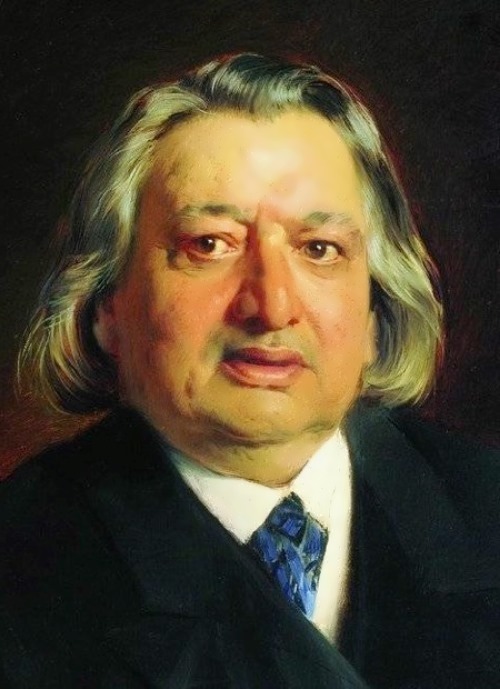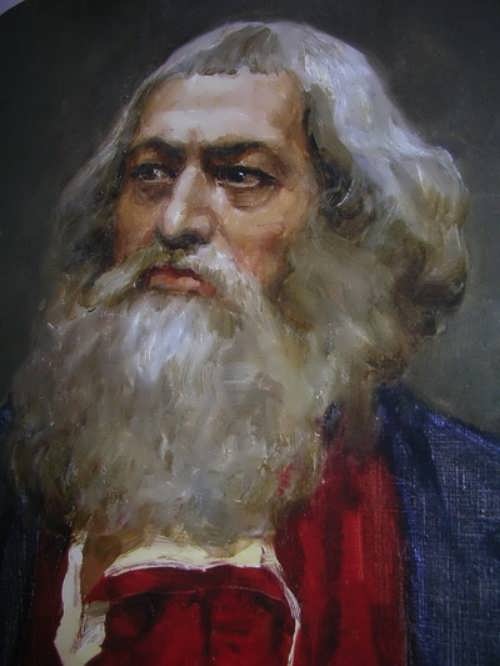Osip Petrov – grandfather of Russian opera
Osip Petrov (November 3, 1806, Yelisavetgrad – February 28, 1878, St. Petersburg) was an outstanding Russian opera singer (bass).
He began singing at the age of seven in a church choir in Yelisavetgrad. The music excited the boy and evoked emotions. Even then, he stood out from the others with his sonorous, very powerful treble. After some time, his treble turned into a powerful bass. Osip taught himself to play the guitar.
One day Ukrainian entrepreneur Daniel Zhurakhovskii heard Osip’s singing and invited him to join his troupe.
Petrov’s debut was in the play Kozak-poet by Alexander Shakhovsky, where he read the lyrics and sang couplets. Osip worked with Zhurakhovskii for 4 years. Then he became a member of Ivan Stein’s troupe, where he met a theater actor Mikhail Shchepkin, who had a great influence on his artistic development.
Another important meeting took place in Kursk, where the singer met Lebedev, inspector of the St. Petersburg Imperial Opera. Soon Osip moved to Petersburg. At the Mariinsky Theatre, he worked until the end of his life – from 1830 to 1878.
Petrov made his debut as Zoroaster in the opera The Magic Flute by Wolfgang Amadeus Mozart in 1830.
Osip became one of the leading opera singers, singing the bass line in the works of Meyerbeer, Rossini, Bellini and other composers.
Petrov worked with Caterino Kavos for a long time. That helped him to master voice, learn how to present himself on stage and become a perfect foreign opera performer.
Soon Petrov became one of the most prominent European singers.
His finest hour was on November 27, 1836. It was the day of the premiere of Mikhail Glinka’s opera Ivan Susanin (A Life for the Tsar), in which he played the title role.
The singer participated in the operas of the French and Italian composers, he sang the Unknown (Askold’s Grave by Verstovsky).
The fiftieth anniversary of Petrov’s stage career was celebrated in April 1876 at the Mariinsky Theatre. He was presented with a gold medal from the emperor and gilded laurel wreath on each leaf of which was engraved the name of one of the operas in which he sang.
The volume of his voice was more than two and a half octaves, from B1 to fis1. His singing was distinguished by the warmth, depth and clarity of tone.
Petrov successfully performed dramatic as well as comic roles in Russian and foreign operas.
Osip was married to Anna Vorobieva, who also was an outstanding opera singer.


